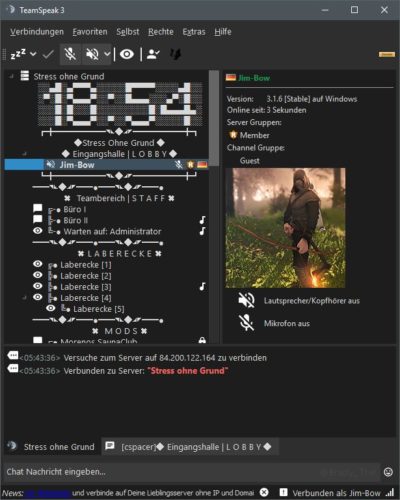

This not only includes gamers, players that frequently dedicate time and effort to playing video games, but also those players that participate less frequently and often through more casual games. Video game culture is broadly considered a description of the subculture of those who play video games. Video game-focused gaming conventions have become popular social gathering events among computer enthusiasts since early 21st century, and gaming system reviews and gameplay streamings have become significant part of the geek culture. Playing video games can both be entertainment as well as competition, as the trend known as electronic sports or esports has become more widely accepted. As video games become more social with multiplayer and online capability, gamers find themselves in growing social networks. People who regularly play video games often identify as gamers, a term that can mean anything from players who only enjoy casual gaming, to passionate enthusiasts and professional gaming competitors. Video game culture has also evolved with Internet culture and the increasing popularity of mobile games. As video games have exponentially increased in accessibility and popularity over time, they have had a significant influence on popular culture, particularly among middle class adolescents and young adults. Video game culture or gaming culture is a worldwide new media subculture formed by video game hobbyists.


 0 kommentar(er)
0 kommentar(er)
